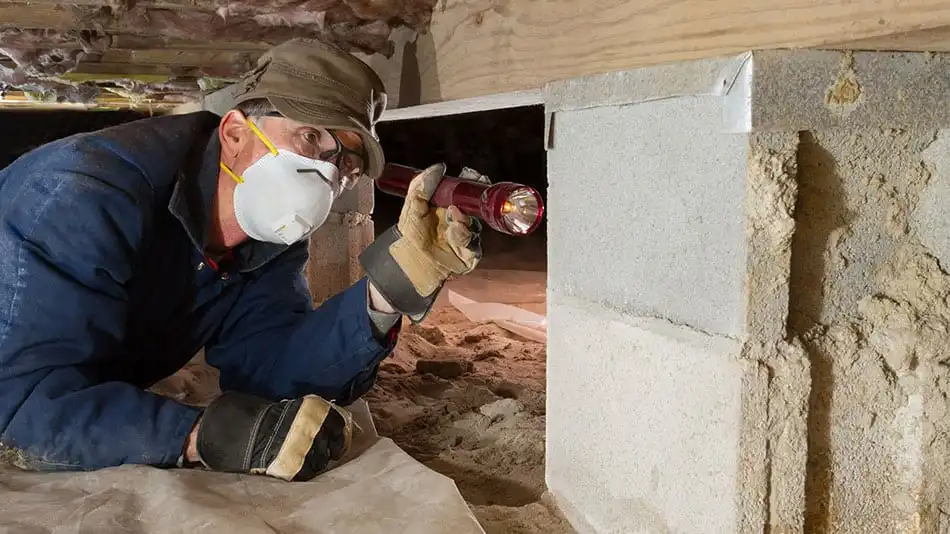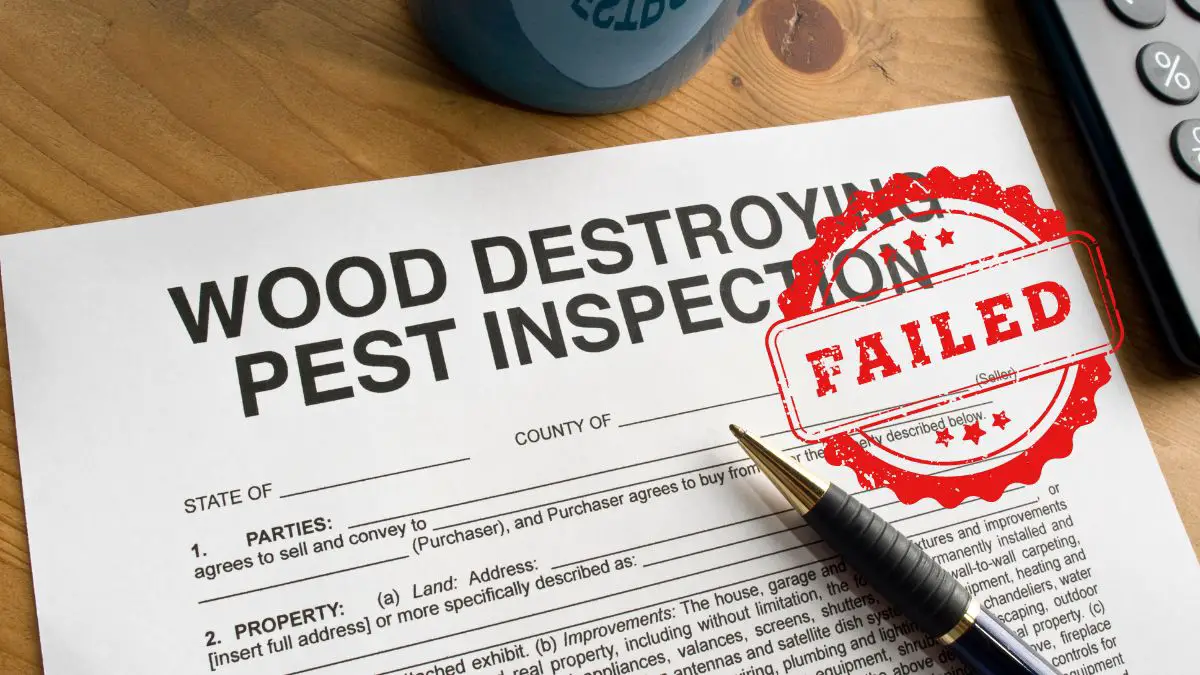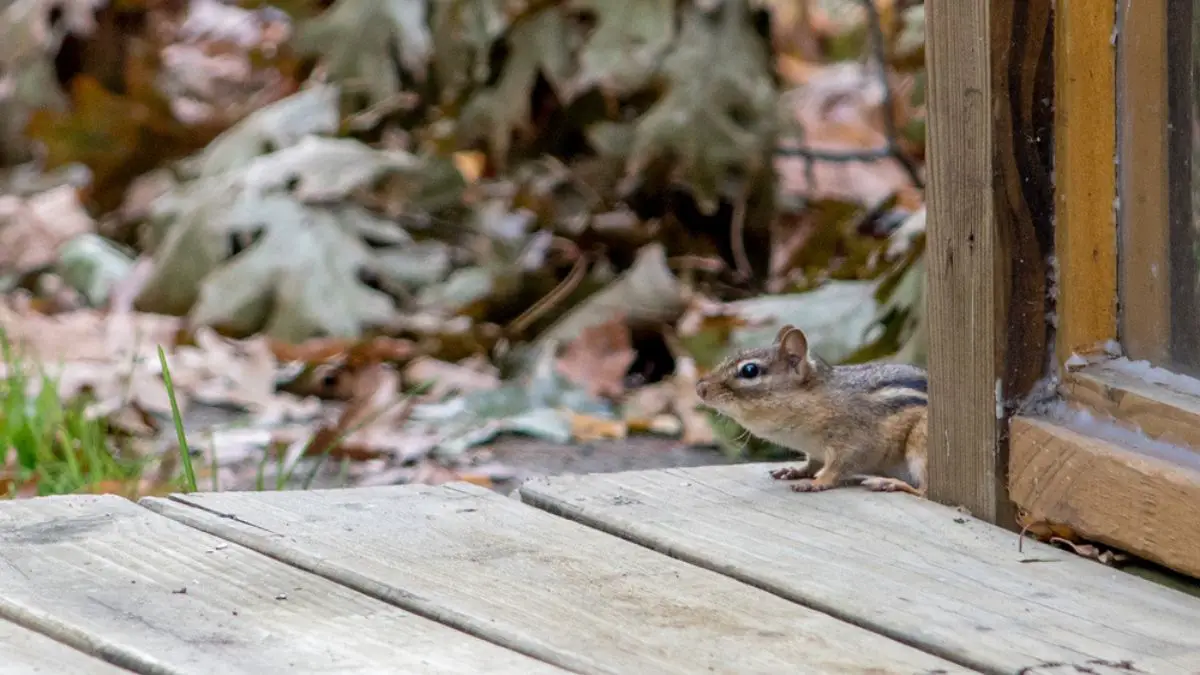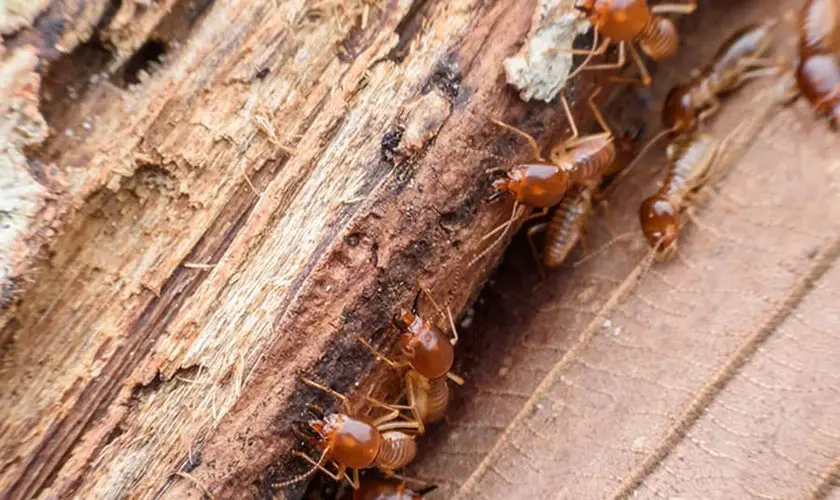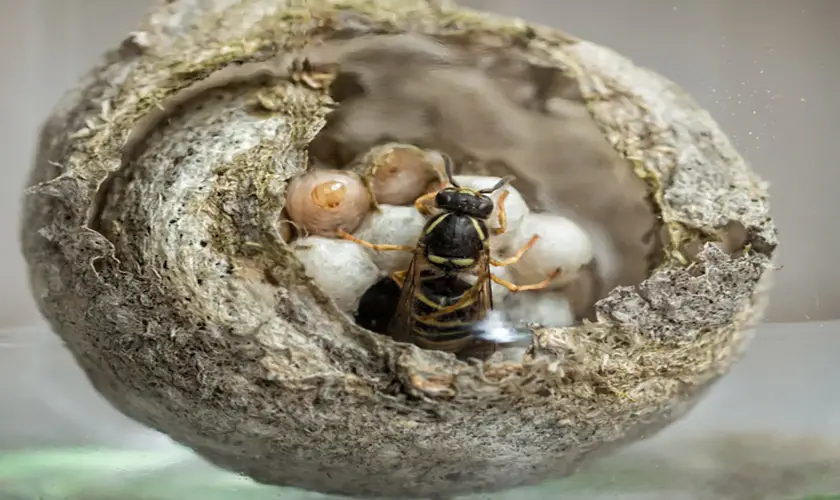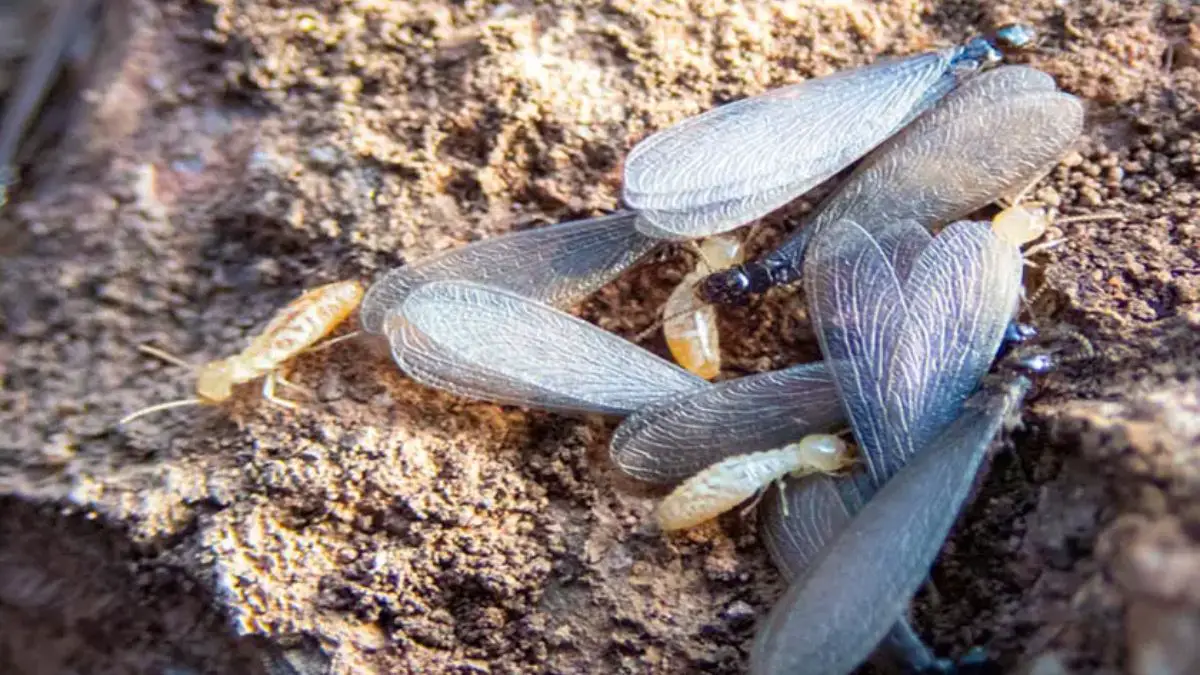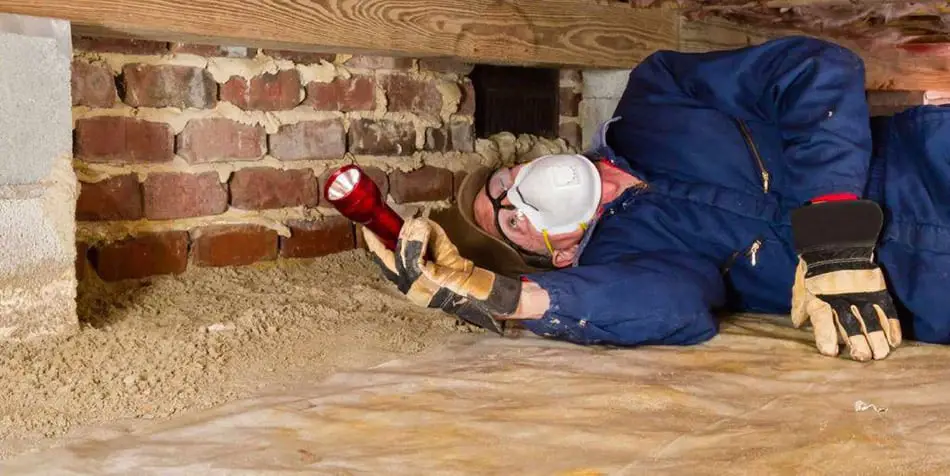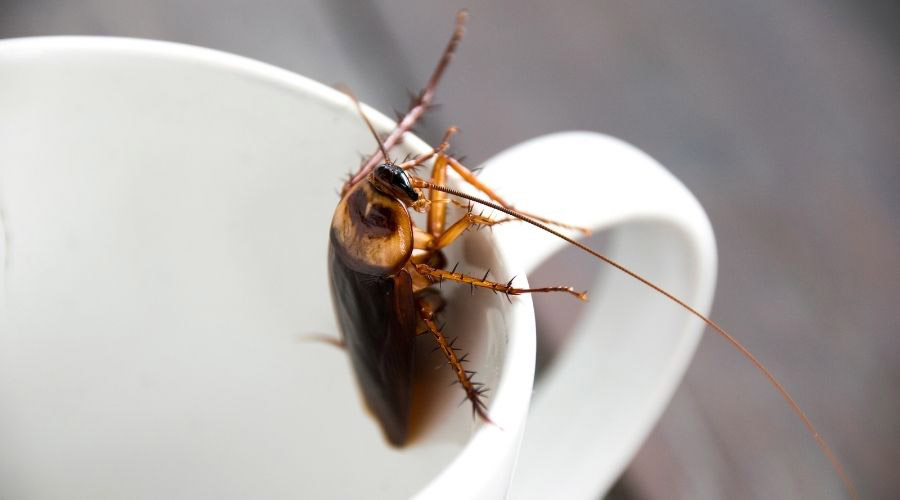
Cockroaches are one of the worst pests to have in your household. They will carry bacteria everywhere they go, making you feel disgusted whenever you turn one. If you have a cockroach infestation, you may be wondering if borax is the answer you’re looking for. Read more to find out what expert exterminators recommend.
Borax is one of the easiest, most potent DIY ways to rid your home of cockroaches, but you shouldn’t take it lightly. Never apply borax powder to food contact surfaces or cooking tools and appliances. That said, there are various ways you can kill cockroaches with Borax.
- Use sugar traps. Mix equal parts of sugar and Borax powder, then spread it across your surfaces. Cockroaches will move through it and feed on it.
- Add baking soda. It’s highly toxic to cockroaches.
- Lace leftovers— or other bits of food— with borax powder and leave it for the cockroaches to feast on.
- Once the poison has done its job, clean up thoroughly.
- If Borax doesn’t solve your cockroach problem, the infestation is likely worse than you think, and you’ll have to enlist pest control to exterminate them.
Get FREE quotes from licensed pest control technicians in your area today. Whether you need spraying for ants, roaches, spiders, ticks, mosquitos, or bed bugs, We Can Help! All technicians are screened, licensed, and insured.
There are many things you must consider. This article will cover how you can effectively kill cockroaches with borax and what type of safety precautions you need to know about. Keep reading to find out all there is to know!
How Can I Kill Cockroaches Effectively?
Few things are as frustrating and embarrassing as a cockroach infestation in your house. Even though it’s been proven that roaches are not a sign of a filthy home or uncouth living conditions, there is still a stigma that’s difficult to shake once they appear.
So what do you do to get rid of them? The solution may be right under your nose. Borax— a naturally occurring multi-purpose household substance— is a favorite in DIY extermination.
It’s not as simple as it may seem, though. Borax, while effective, can be dangerous. If you’re going to war with the roaches, this article covers everything you need to know to keep yourself safe.
A Few Things to Know Before Beginning:
You may already be reaching for the borax, but there are some safety precautions you must consider before attempting to solve your infestation problem. Taking the following steps will prevent illness, injury, or— in extreme cases— even death.
1. Keep Out of Reach of Children (and Pets)
Borax doesn’t poison just insects. It’s toxic to all living beings, including plants, pets, children, and yourself. It is of utmost importance to keep children and animals away from the area you are treating. This applies to pet cats, as even inhaling borax can kill them.
2. Never Treat Cooking Surfaces With Borax
Cockroaches seem happiest in our kitchens because that’s where our food is (and their grubby little faces want to steal it). They’re also drawn to the warmth of fridge motors, ovens, kettles, and microwaves, so your roach problem is likely worst in your cooking area.
You may be tempted to start there, but never apply borax to anything that will come into contact with your food. It leaves traces, and the last thing you want is to accidentally ingest poison.
3. Protect Your Skin and Face
Ingesting borax isn’t the only danger. It’s known to cause various skin irritations, from itching to rashes to burns, and can cause corrosion if it gets into your eyes. Furthermore, breathing borax in could lead to shortness of breath, nosebleeds, respiratory irritation, and dehydration of your nose, throat, or mouth.
When handling borax powder, you should don a pair of rubber gloves to dispose of afterward. Cover your skin as best as possible, and wear a face mask or shield wherever possible.
Ways to Kill Cockroaches With Borax
Borax is readily available— you can typically find it in the cleaning supplies aisle at grocery stores. Once you’ve acquired it, gear up and kill some cockroaches. The premise is that you’re going to trick cockroaches into eating borax. Here are three super-effective methods:
1. Lay Sugar Traps
Sugar is the go-to for killing cockroaches with borax because it will lure them every time. Mix equal parts borax and sugar, then sprinkle (or dust) it over the areas they’re most likely to surface.
The cockroaches will be attracted to and gorge themselves on the sugar and, by default, the borax. On top of this, since they’ll have walked through the borax, they could track it back to their nest.
The only downside to this method is that there’ll be a ton of cleaning afterward. You should vacuum suck the sugar mix before thoroughly washing the treated area.
Tip: Mix your sugar and borax powder in a disposable container. When you’re done, discard it. It’s not worth it to attempt cleaning a bowl, container, or bottle you’ll use for food or drinks later.
2. Borax and Baking Soda
You can include some baking soda in your borax trap if you have no sympathy for cockroaches and want to go nuclear on them. Sodium bicarbonate might not be enough to lure the roaches, but it will add a dose of insult to their injuries.
Baking soda is extremely toxic to cockroaches. It causes a build-up of gas in their gut that, quite literally, causes their stomachs to explode.
You could try this method two ways:
- Sprinkle baking soda and borax in places you’re sure cockroaches will frequent.
- Add baking soda to the sugar-borax mix mentioned above.
Once it’s worked its magic, remember to clean up well.
3. Borax Balls
If you’d rather not smear borax powder over your surfaces, you can bait cockroaches a different way using the same formula. Mix borax into sugar as suggested, and leave piles in cupboards, near openings, or around appliances they’re most likely to emerge from.
The cockroaches will snack on the sugar. You can also sprinkle borax onto bits (or blobs) of food to the same effect.
Bait of choice includes:
- Any leftovers you might have.
- Peanut butter.
- Eggs, cooked or raw.
- Candy, chocolate, or anything sweet.
Fact: It’s believed that cockroaches don’t eat cucumber, and a slew of DIY myths has stemmed from this. The reality is that there is no evidence that cucumber repels roaches.
Here is a video demonstration of how you can make a borax ball:
Cockroach Extermination: Expert Tips
Pest control experts favor borax as a DIY solution to cockroach infestations, but not without a caveat or two. I looked at what exterminators have to say and found the following advice:
1. Placement Is Key
It won’t make a difference if you lay your borax traps in places cockroaches won’t go to. It’s worth spending a few days observing their movement to gauge where your traps will be most effective.
2. Combine Borax With Other Methods
Borax can’t work miracles, so you’ll have to fight cockroaches the old-fashioned way. Sealing cracks, gaps, and holes; keeping your drains clean; tidying behind and under appliances, and appropriate food disposal are all efficient ways to prevent infestations.
You can also use borax with other insecticides, like manufactured cockroach traps, bug sprays, and repellants.
3. Don’t Overdo It
It’s tempting to use borax regularly, but remember that it’s toxic to you, your family, and your pets. Moderation is key. Borax is odorless and can affect you without even realizing it. If you attempt to exterminate cockroaches this way, but it doesn’t solve the problem, your best bet— rather than trying again— is to bring in the professionals.
What Borax Can’t Do
Borax seems like the ultimate cockroach killer, but it has its limits. Keep the following in mind to avoid wasting your time (and money).
- Borax won’t kill cockroach eggs. Eggs are often hidden deep inside cockroach colonies and are protected by thick outer layers that insecticides can’t penetrate. The best way to prevent a repeat infestation when eggs hatch is to seal off the tunnels cockroaches use to get to you. If the eggs are visible (for example, inside or under your appliances), you’ll have to clean them away by hand.
- Boric acid isn’t as effective. Boric acid— liquid borax— is much safer in the household but isn’t as effective as an insecticide. Borax loses its dehydrating properties when mixed with water, so it will take longer to work while it will still kill roaches. You can purchase boric acid, but turning borax powder into bug spray is not wise.
- Borax is not a deterrent. Unfortunately, borax won’t scare cockroaches away. Borax on its own is unlikely to make any difference as it won’t entice cockroaches to ingest it. Likewise, it won’t prevent repeat infestations or drive colonies away from your home. If your attempts don’t stop cockroaches from returning, you’ll have to call in pest control.
Borax Explained
Sodium borate, or borax as it’s more commonly known, forms naturally as mineral deposits left behind when seasonal lakes evaporate. It’s composed of boron, oxygen, and sodium— three elements that seem harmless but are deadly in this arrangement.
Borax has many uses in the home and industrial sphere. It’s used as a base in skin care products, can be utilized as a fire retardant, and makes an excellent cleaner— which is why it’s so popular in detergents.
But borax is also an unbelievably potent toxin that cockroaches haven’t evolved to survive. When bugs ingest borax, it inhibits their metabolisms, poisons their gut, dehydrates them, and erodes their exoskeletons away. It’s a vicious insecticide, but it works.
Why Is Borax So Effective Against Cockroaches?
You may not believe it, but cockroaches groom. If their bodies get in contact with borax, they won’t like it and will attempt to clean themselves. They do this by licking themselves, repeatedly wiping away grime with their saliva. In so doing, cockroaches are bound to ingest the borax, and once they do, that’s it for them.
Given enough time, borax can also absorb into bug bodies, so there’s no escape. One other fact (that might disturb you) is that cockroaches are not above cannibalism and will resort to eating their own if there’s nothing else around.
Being absorbed into a roach’s body means that its colony will eat it and get a second-hand dose of the poison when a cockroach is poisoned. The chain continues when a roach dies, and other cockroaches cannibalize them.
Why Are Cockroaches So Difficult to Kill?
Cockroaches are a pain. They’re so notoriously difficult to exterminate that there’s a running joke that they can survive nuclear attacks. Though this isn’t entirely true— they can survive radiation, but not heat— they are, legitimately, the most pestilent of all the household pests. But have you ever wondered why?
Cockroaches Are Experts At Hiding
Cockroaches don’t live out in the open. Their nests are typically unseen, hidden away from light. These insects will settle into any warm, dark, and spacious spot to accommodate them— anywhere from under your floorboards to inside your appliances.
Generally, we only see the foraging cockroaches. Their nests (and therefore genuine numbers) are out of sight and difficult to get to. It’s more complicated than it seems to poison an entire colony simply because they’re protected by our homes’ very structure and design.
Corners, cracks, holes, and other nooks and crannies are just too narrow and small for us to get inside.
They Have Strength In Numbers
Here’s a not-so-fun fact for you: a single female American cockroach lays, on average, one egg case a month. Each case contains up to 16 individual eggs. In her lifetime, she can parent an average of 150 babies. German cockroaches breed thousands.
Now consider that multiple females are in each colony, and you’re left with many cockroaches. Even worse, some cockroaches only have to mate once in their life to continue producing eggs throughout it.
Roaches multiply at lightning speeds, which often means that your extermination efforts are moot. For every one you kill, dozens— even hundreds— more can (and will) pop up. It’s problematic on two accounts.
First, if you notice cockroaches around the house but don’t intervene early, you could have a severe infestation in weeks. Secondly, if you try to exterminate them but miss a few— of their eggs— you could later face a repeat infestation.
They’ve Evolved to Resist Extermination
And now the worst news of all. Cockroaches are not only intelligent, but they’re starting to outsmart us. Studies show that roaches have evolved to resist insecticides. Entomologists explain that because cockroaches have been around for so long, they’ve learned to survive almost anything we can throw at them.
Cockroaches are impressive insects, but it opens a world of pain for those of us trying to get rid of them. Beyond professional extermination— which can be expensive and inconvenient— DIY options are limited, which leads us to Borax.
Final Thought
In a nutshell, there are quite a few ways you can kill cockroaches with borax, but remember that it can be toxic to bugs and animals. Not only that, but it will leave your skin irritated, so make sure you use precautionary measures to ensure your safety of yourself.
Get FREE quotes from licensed pest control technicians in your area today. Whether you need spraying for ants, roaches, spiders, ticks, mosquitos, or bed bugs, We Can Help! All technicians are screened, licensed, and insured.


